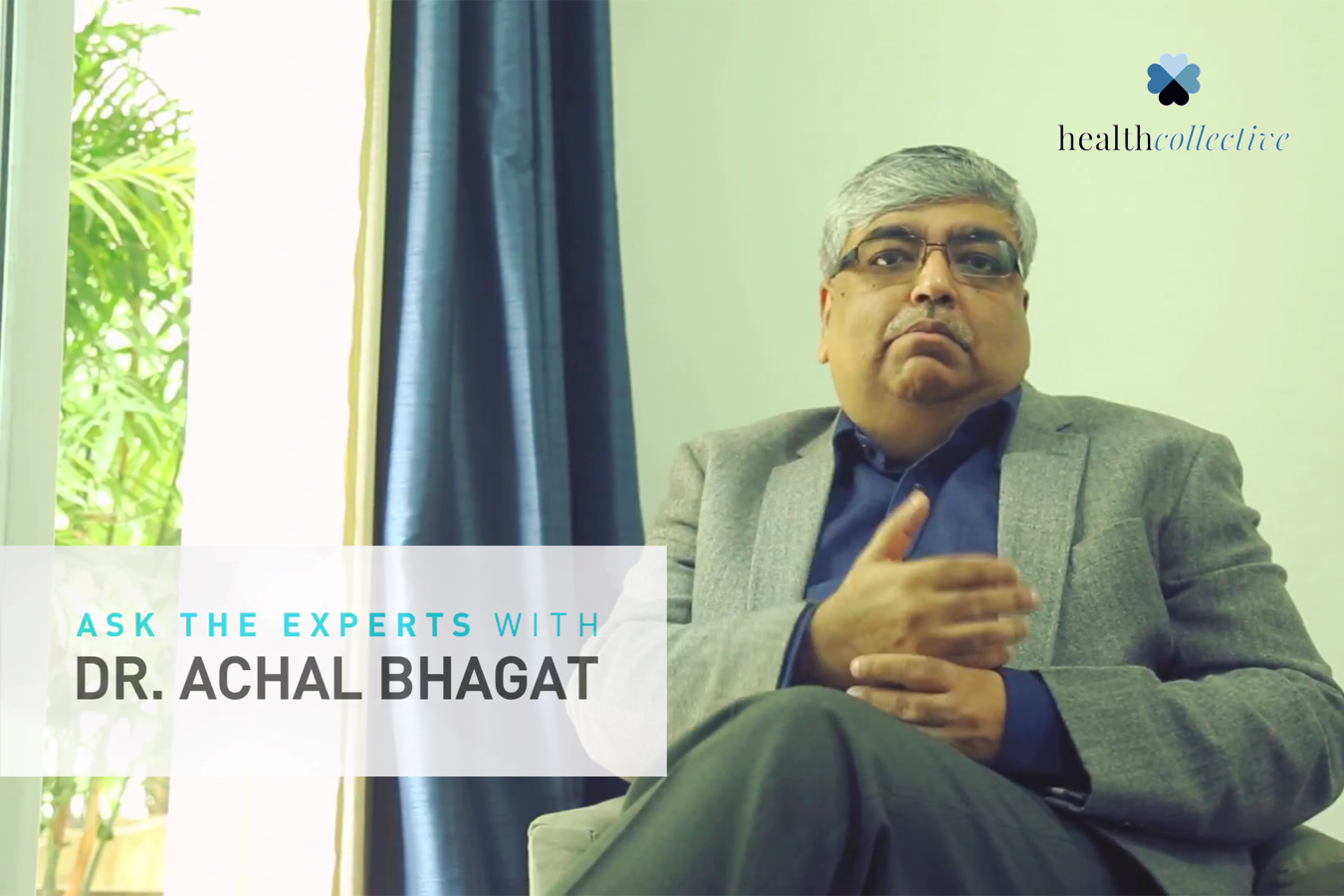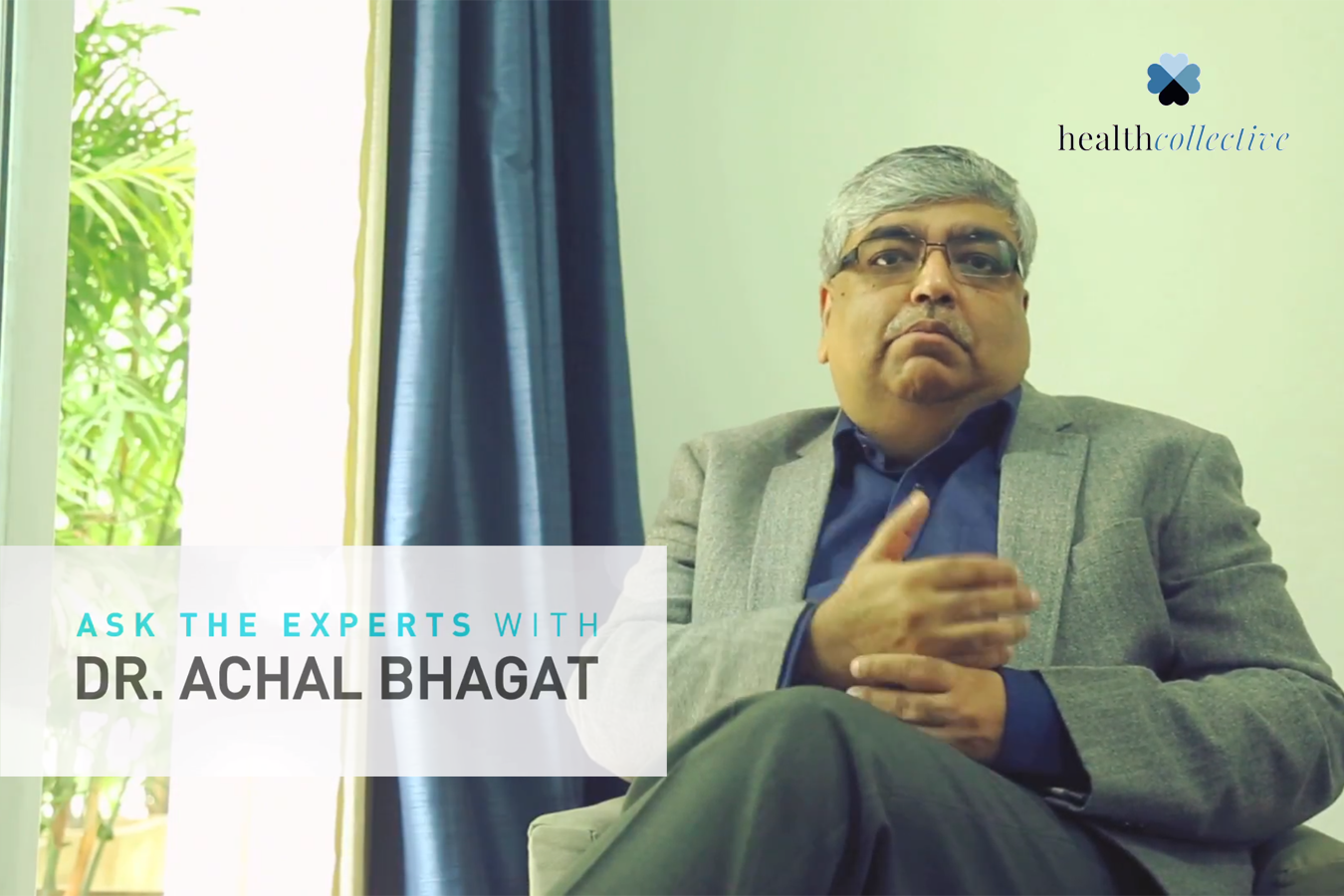Carers: What You Need to Know
Ask the Experts with Dr Achal Bhagat
When we talk about caring for somebody with a mental health problem, the most important thing is not to be judgmental.
People can have all kinds of problems. What might be easy for you to solve might be very, very difficult for someone to solve. See if from that point of view, think like them, feel like them and then you will feel the immense nature of the difficulty that they’re experiencing.
Don’t be directive, don’t say pull up your socks, don’t trivialise their difficulty, don’t come up with an immediate solution…Don’t overwhelm them with solutions, what the person expects from you is space, so they can talk about what they are going through; or what the person expects from you is understanding so they can talk about their weaknesses and their limitations. They are not looking at their strengths at this time so your repeatedly talking about their strengths at this time is actually makes them feel unheard.
So do not judge, do not direct…Feel from their point of view and be patient.
But more importantly caring is a very, very difficult task, take space out for yourself as well… If you’re caring for someone who is going through a difficult time, sometimes you need respite for yourself to care for yourself as well.
Sometimes it’s very important that you are able to go and debrief with somebody else about what you’re experiencing so caring is also about looking after yourself, if you do not look after yourself you are bound to get angry or impatient with the person you are caring for.
ALSO WATCH: Understanding Mental Health with Dr Achal Bhagat
As mental health professionals it’s very important that we seek supervision — we are also carers and we also live our lives parallel to people that we care for and we have difficulties in our lives ourselves. We are not superhuman in any way…so everybody can be vulnerable and this is to our core professionals that it’s alright to seek help as professionals with each other. Sometimes we act too brave and we miss the point.
Tweet us @healthcollectif with your comments and to share your stories
Disclaimer: Material on The Health Collective cannot substitute for professional advice by a trained expert





Pingback: Understanding Mental Health: Talk, Listen, Stay Informed
Pingback: Ask the Experts: What is OCD